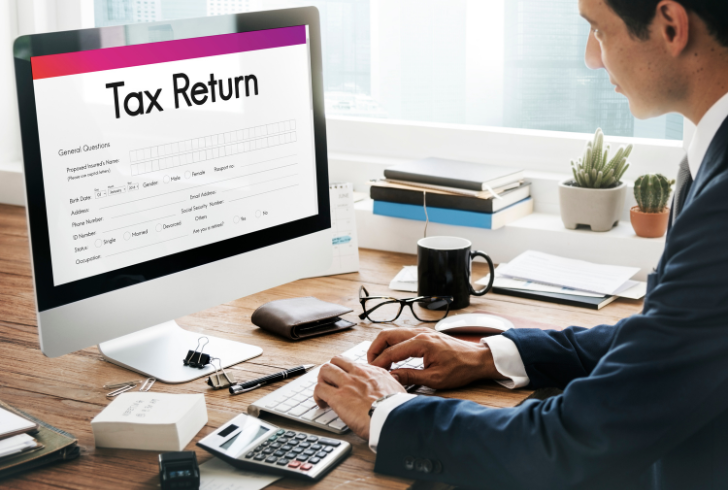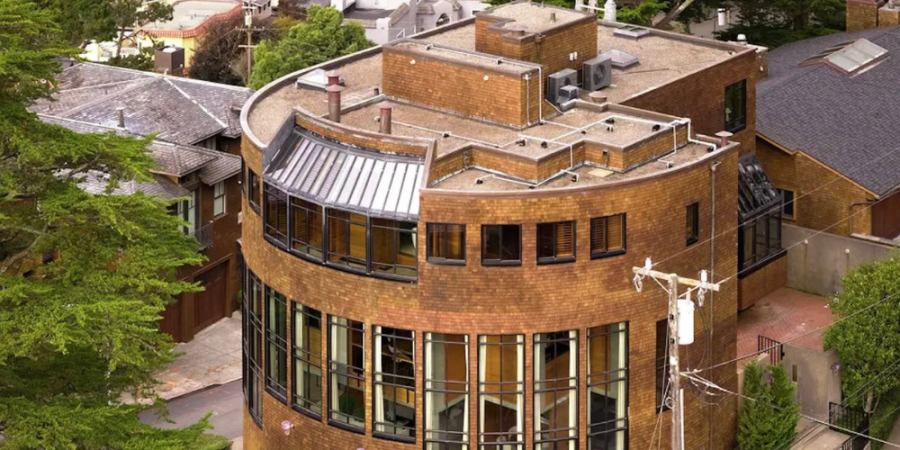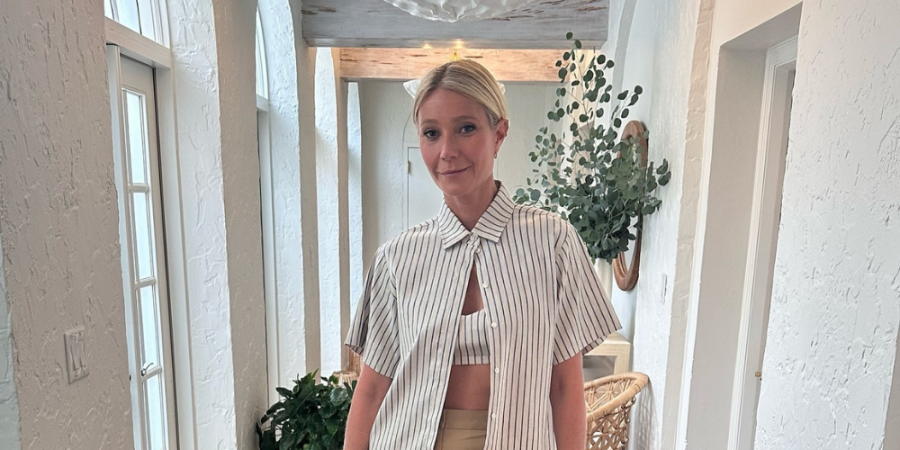As we navigate through the golden years of our lives, financial security becomes a paramount concern. It’s a time to enjoy the fruits of our labor, not to worry about financial constraints. This is where the concept of a reverse mortgage enters the scene, offering a unique solution for senior homeowners.
Picture this: a financial arrangement that not only secures your stay in your beloved home but also turns it into a source of income. Intriguing, right? But, as with any significant financial decision, it’s vital to weigh the benefits against the potential drawbacks. Let’s dive into the world of reverse mortgages, examining their pros and cons, to determine if this financial tool is the right fit for your golden years.
The Bright Side of Reverse Mortgages
Tax-Free Income: A Relief from the IRS

Freepik | rawpixel.com | The tax-free benefit is a key appeal of a reverse mortgage.
One of the most appealing aspects of a reverse mortgage is its tax-free nature. Imagine receiving a monthly, yearly, or lump sum amount without the worry of tax implications. The IRS categorizes these payments as loan proceeds, not income, making them a tax-free financial relief. It’s almost like having a steady income stream without the burden of taxes, a significant advantage for anyone looking to maximize their retirement funds.
Home Sweet Home: Stay Put and Earn
Another perk of opting for a reverse mortgage is the ability to remain in your cherished home. Not only do you get to live in familiar surroundings, but you also benefit from an additional income source.
The longer you stay, the more you earn – it’s a win-win situation. This arrangement ensures a comfortable and stable living environment, crucial for anyone in their retirement years.
Considering the Flip Side: Challenges of Reverse Mortgages
Despite the attractive benefits, reverse mortgages come with their own set of challenges that require careful consideration.
Impact on Heirs and Estate Plans
One significant concern is the effect on your heirs. The property’s future becomes a critical consideration, as the loan will need to be settled once the homeowner passes away or decides to move. This can mean that your heirs will have to handle the loan repayment, potentially affecting their inheritance.
The Cost of Walking Away

Income Image by Freepik | Exiting your property can be complex, often involving hidden charges, upfront costs, and closing fees.
Leaving your property isn’t as straightforward as it might seem. There are numerous costs involved – hidden charges, upfront costs, and closing fees. These can add up, making the decision to move out a financially taxing one. It’s essential to be aware of these potential expenses before making any decision.
Financial Struggles Might Worsen
For those already facing financial difficulties, a reverse mortgage might not be the ideal solution. The associated fees could exacerbate your financial situation, turning what seems like a solution into a further complication.
Making an Informed Decision
When considering a reverse mortgage, it’s crucial to have a holistic view of your financial situation. Consulting with financial experts, discussing with family members, and thoroughly understanding the terms and conditions can lead to a more informed and beneficial decision. Remember, what works for one may not work for another. Your unique financial needs and circumstances should guide your choice.
Embracing Financial Freedom in Retirement

Freepik | gpointstudio | A reverse mortgage offers crucial financial security and peace of mind for senior homeowners in retirement.
A reverse mortgage can be a lifeline for many senior homeowners, providing financial security and peace of mind during retirement. However, it’s essential to approach this option with caution, understanding both its advantages and potential pitfalls. By doing so, you can ensure that your golden years are spent in comfort and joy, without unnecessary financial burdens.
A reverse mortgage isn’t just a financial decision; it’s a lifestyle choice. It’s about balancing the joy of staying in your home with the practicalities of financial planning. Whether it’s the right choice for you depends on your circumstances, but with the right information and guidance, you can make a decision that enhances your retirement years.










